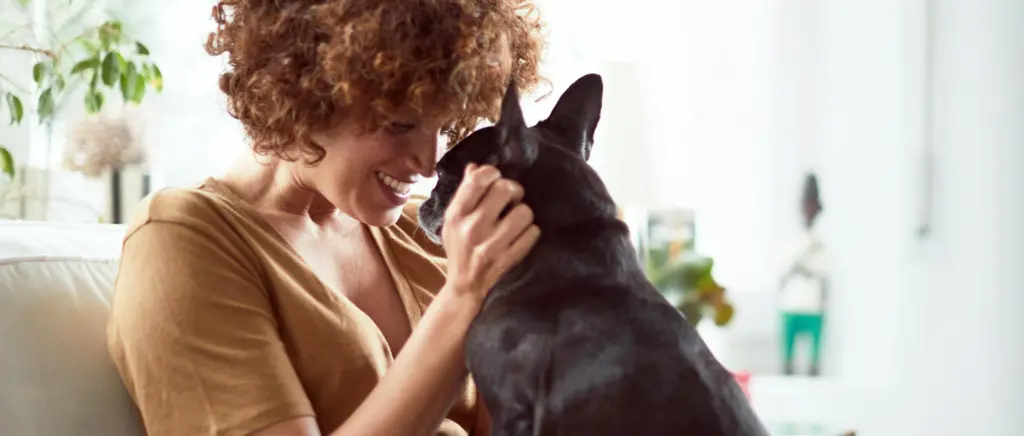Are dogs really our best friends? They are—in more ways than most pup lovers even realize. It’s not just that dogs love their humans, they know us better than most of our fellow homo sapiens.
If you’ve ever felt like your dog truly gets you, from your changing mood to the depths of your soul, science is here to back up that suspicion. Here’s how our best friends can know us so well.
Dogs See More
Studies show that dogs can tell the difference between happy and sad faces. This isn’t just learned behavior. They intuitively know how to detect changes in human emotions, just as they can detect emotional changes in their own species. Your dog may even read your body language, like your posture and gait, to help determine your mood. In fact, this ability to detect emotions might be embedded in their genetic code. Whoa. It’s like dogs were made to connect with humans.
Dogs Smell More
A dog’s unique sense of smell can help them know when you’re sick and need extra attention. This is because many breeds have 40 to 50 times more scent receptors than humans. Though you’d never be able to smell it yourself, your metabolism and body chemistry change when you’re sick. Many people suspect that dogs can sniff out these changes. A trained dog may even be able to smell certain types of cancer on a person’s breath with a high degree of accuracy. They can sense blood sugar changes or the rise and fall of feel-good hormones like dopamine or serotonin. Paging Dr. Doggie!
Dogs Hear More
Your dog’s hearing helps them tune into your mood. She hears when you’re sniffling and sad (even when you’re trying to hide it), and they know this means you need comfort. They can hear stress in your voice and know you need some play time. The tone of your voice tells them all sorts of things.
Dogs hear a high range of frequencies, so they also pick up on subtle sounds that people might miss, like the jingling of your keys as you’re approaching your house or the sound of your footsteps. That’s why they’re at the door, waiting and ready to greet you when you get home.
